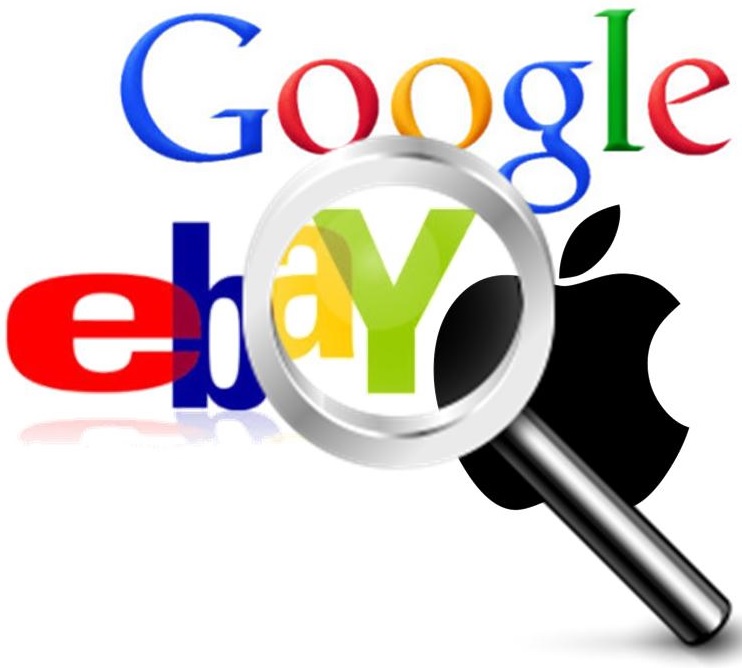According to a recent Shopgate report, retail needs to appeal to smartphone using consumers.
Shopgate, a highly recognized m-commerce business solution, has released a report called the “2013 Holiday Guide for Online Retailers”, which provided the top 10 recommendations for success, this holiday season.
Among those points, the focus on catering to smartphone users was a considerable one.
What was explained by Shopgate in its report was that retailers should start acting right away to make their way into m-commerce if they haven’t already prepared their strategy for the upcoming holiday shopping season. It is no longer enough to focus on online shopping in general and as a whole. Instead, a focus also needs to be placed specifically on the mobile channel.
In fact, when it came to getting into m-commerce, the recommendation was “do it now!”
 The report from Shopgate pointed out that m-commerce traffic is not only already representing more than 20 percent of all American internet traffic, but it is also expected to exceed desktop based internet traffic by the end of next year. The holiday season is predicted to be the transitional time into that exceptional rate of growth to the point that it will be greater on smartphones and tablets than it is on laptops.
The report from Shopgate pointed out that m-commerce traffic is not only already representing more than 20 percent of all American internet traffic, but it is also expected to exceed desktop based internet traffic by the end of next year. The holiday season is predicted to be the transitional time into that exceptional rate of growth to the point that it will be greater on smartphones and tablets than it is on laptops.
The report pointed to a number of m-commerce findings from several recent studies.
For example, it pointed out that shopping over m-commerce is expected to reach $42 billion by the end of this year, and that it will make up a larger segment of e-commerce than has ever been experienced before, according to eMarketer.
In fact, the report went to the extent of saying that retailers that choose not to take part in m-commerce may be actively choosing not to take advantage of an important source of revenue. It pointed to data from Econsultancy, which indicated that 62 percent of businesses that have created a website that is specifically optimized for smartphones and tablets, had increased their sales. The recommendation for the upcoming holiday season was to use mobile friendly elements such as: coupons, push notifications, ad scanners, daily deals, QR codes, mobile SEO, and product categories.
New data is showing that many of the industry giants are making location based progress.
According to some of the latest information that has been released by ABI Research, a number of industry giants – including Google, Apple, and eBay – are placing their focus on making considerable moves into the realm of geolocation and its many possibilities.
Though this is not necessarily anything new, it is the fact that they are taking it indoors that is drawing attention.
To start, the estimates by ABI Research have suggested that the geolocation indoor market will be worth more than $4 billion by 2018. This was revealed in the quarterly Location Technologies Market Data which is issued by that agency. It provides a measure of the adoption of indoor geolocation technologies, mapping, as well as businesses that are making their way into this particular space.
By the end of next year, the overall market of geolocation technology installations will be greater than 25,000.
 This, according to the ABI Research data that was released in the report. It also pointed out that smartphones that are capable of supporting indoor geolocation technology will have reached the hundreds of millions over the span of the next two years. The result is that virtually every major company will have begun to take considerable steps into this sphere.
This, according to the ABI Research data that was released in the report. It also pointed out that smartphones that are capable of supporting indoor geolocation technology will have reached the hundreds of millions over the span of the next two years. The result is that virtually every major company will have begun to take considerable steps into this sphere.
Patrick Connolly, an ABI Research senior analyst, stated that “Apple’s new A7 co-processor coupled with the acquisition of WifiSLAM highlights indoor as a priority.” He went on to say that “Both Apple and eBay have announced support for dedicated BLE beacons, a technology that is set for a huge 2014 as major IC and device OEMs make it widely available.”
Connolly also explained that Google is maintaining an expansion of geolocation based indoor mapping and that it has been discussing some of its intentions for this technology quite openly at I/O. He also added that it isn’t just the smartphone manufacturers that are involved in this technology, as there have been four large AP providers (Motorola, Cisco, Ruckus, and Aruba) that have acquired business within this space. He noted that it was interesting to find that Nokia had held its own indoor and mapping capabilities, showing that this was being viewed as a region in which considerable future growth was possible.
 The report from Shopgate pointed out that m-commerce traffic is not only already representing more than 20 percent of all American internet traffic, but it is also expected to exceed desktop based internet traffic by the end of next year. The holiday season is predicted to be the transitional time into that exceptional rate of growth to the point that it will be greater on smartphones and tablets than it is on laptops.
The report from Shopgate pointed out that m-commerce traffic is not only already representing more than 20 percent of all American internet traffic, but it is also expected to exceed desktop based internet traffic by the end of next year. The holiday season is predicted to be the transitional time into that exceptional rate of growth to the point that it will be greater on smartphones and tablets than it is on laptops.
 This, according to the ABI Research data that was released in the report. It also pointed out that smartphones that are capable of supporting indoor
This, according to the ABI Research data that was released in the report. It also pointed out that smartphones that are capable of supporting indoor 